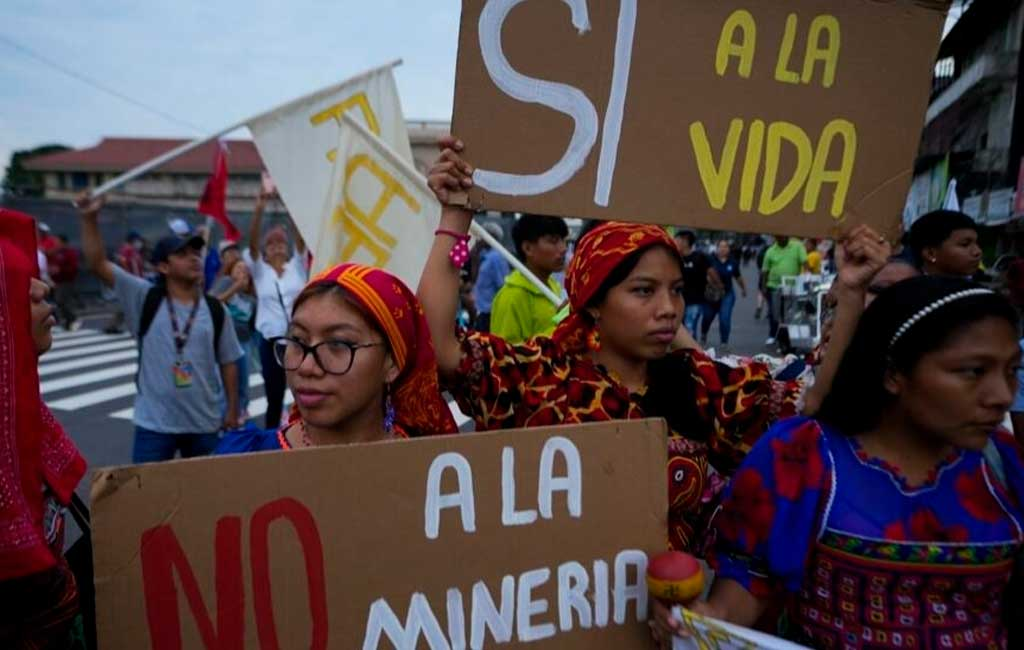
Protesters are waiting for the approval of an article that would leave without effect the contract signed between the Government and Minera Panama.
(File image/RHC)
By María Josefina Arce
With new street closures and a 24-hour national strike, the fifth week of intense protests began in Panama in rejection of Law 406, which gave the green light to a mining contract between the government of President Laurentino Cortizo and Minera Panama, considered detrimental to national sovereignty.
The strike, called by union organizations, is the second to take place in the country in the last few days. A similar measure took place on November 16.
More than a thousand people have been arrested during the massive demonstrations which began at the end of last October, and which are the largest in the last three decades in Panamanian territory.
The protests broke out after in less than a week and without sufficient citizen consultation, the government and the Congress presented, approved and put into effect the contract elevated to law which protects the actions of Minera Panama, a subsidiary of the Canadian transnational First Quantum.
The agreement extended for 20 years, extendable, the concession to the company, which operates the largest mine in Central America, from which it extracts copper, gold, silver and molybdenum, a widely used mineral.
This deposit is located in the Mesoamerican Biological Corridor, a strip of forest that crosses Central America and which, according to experts, is vital for wildlife.
The conflict surrounding this agreement is not new. In 2017 the Supreme Court of Justice had declared the original agreement unconstitutional for not having been subject to public bidding. The ruling came into effect four years later.
The government of Laurentino Cortizo then, held negotiations for several months with the mining company for a new contract, which from its first draft did not have the support of Panamanians. In the face of the growing controversy, some articles were withdrawn, but the lack of environmental oversight of the mine's operations was maintained.
The Supreme Court of Justice has filed at least ten lawsuits related to the unconstitutionality of contract Law 406. The judicial body will enter into permanent session this Thursday to make a decision on the future of the agreement.
Meanwhile, the protests do not stop. Panamanians do not want an agreement that may cause serious environmental and health impacts to the populations near the mine.

